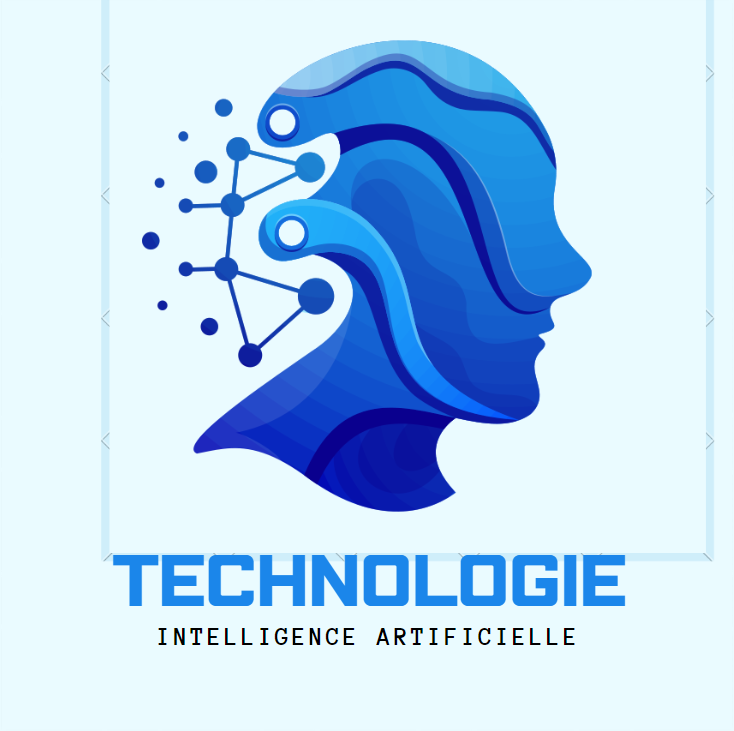Introduction
Sustainable technology, at its core, represents a collective effort to harmonize human progress with environmental responsibility. It embodies a commitment to innovation that minimizes ecological impact while meeting the needs of current and future generations.
 |
| sustainable technology _ software solutions benefits of sustainable technology |
From renewable energy sources to energy-efficient infrastructure and eco-friendly transportation solutions, sustainable technology is driving a paradigm shift towards a more balanced and resilient future.
What is Sustainable technology?
Sustainable technology refers to the development and implementation of innovative solutions that minimize environmental impact and promote long-term ecological balance. It encompasses a wide range of practices, products, and systems designed to meet current societal needs without compromising the ability of future generations to meet their own needs. Sustainable technology aims to address global challenges such as climate change, resource depletion, pollution, and habitat destruction by integrating principles of conservation, efficiency, and renewable resources into various aspects of human activity.
What are the benefits of sustainable technology ?
The benefits of sustainable technology are multifaceted and far-reaching, contributing positively to both the environment and society. Some key benefits include:
- Environmental Preservation: Sustainable technology helps reduce pollution, conserve natural resources, and mitigate climate change by minimizing greenhouse gas emissions and ecological footprint.
- Resource Efficiency: It promotes the efficient use of resources such as energy, water, and materials, leading to cost savings and reduced waste generation.
- Economic Growth: Sustainable technology fosters innovation, creates new industries, and generates job opportunities in sectors like renewable energy, green building, and sustainable agriculture.
- Health and Well-being: By reducing exposure to harmful pollutants and toxins, sustainable technology contributes to improved public health and quality of life.
- Resilience and Adaptation: Building resilience to environmental challenges such as extreme weather events and resource scarcity is facilitated by sustainable technology, which encourages adaptive strategies and resilient infrastructure.
- Social Equity: Sustainable technology promotes social equity by ensuring access to clean energy, clean water, and other essential resources for all communities, including those disproportionately affected by environmental degradation.
- Global Cooperation: Addressing environmental challenges requires international collaboration, and sustainable technology fosters partnerships and knowledge sharing among nations, promoting global sustainability efforts.
Overall, sustainable technology offers a path towards a more equitable, resilient, and prosperous future for both humanity and the planet.
sustainability software solutions
- Environmental Management Systems (EMS): EMS software helps organizations monitor and manage their environmental performance by tracking factors such as energy consumption, waste generation, and emissions. It can also assist in compliance with environmental regulations and standards.
- Carbon and Emissions Management Tools: These tools enable businesses to measure, report, and reduce their carbon footprint by tracking greenhouse gas emissions across their operations and supply chains. They may also offer scenario analysis and carbon offsetting features.
- Supply Chain Sustainability Platforms: These platforms help companies assess and improve the sustainability of their supply chains by providing transparency into supplier practices, identifying risks, and promoting responsible sourcing.
- Sustainability Reporting and Disclosure Software: These tools streamline the process of collecting, analyzing, and reporting sustainability data in accordance with frameworks such as the Global Reporting Initiative (GRI) or the Sustainability Accounting Standards Board (SASB).
- Energy Management Systems (EnMS): EnMS software assists organizations in optimizing energy use and reducing costs by monitoring energy consumption, identifying inefficiencies, and implementing energy-saving measures.
- Corporate Social Responsibility (CSR) Software: CSR software helps companies track and manage their social and community impact initiatives, including philanthropy, volunteer programs, and diversity and inclusion efforts.
- integrated Sustainability Platforms: Some software solutions offer comprehensive, integrated platforms that combine features from multiple categories to provide a holistic approach to sustainability management.
